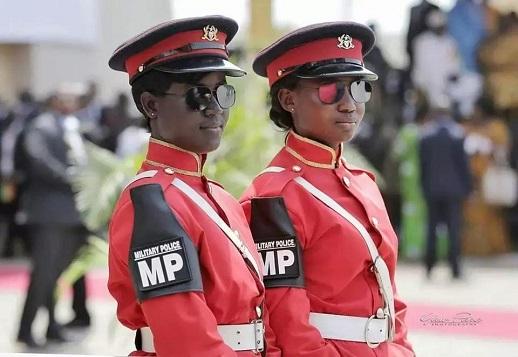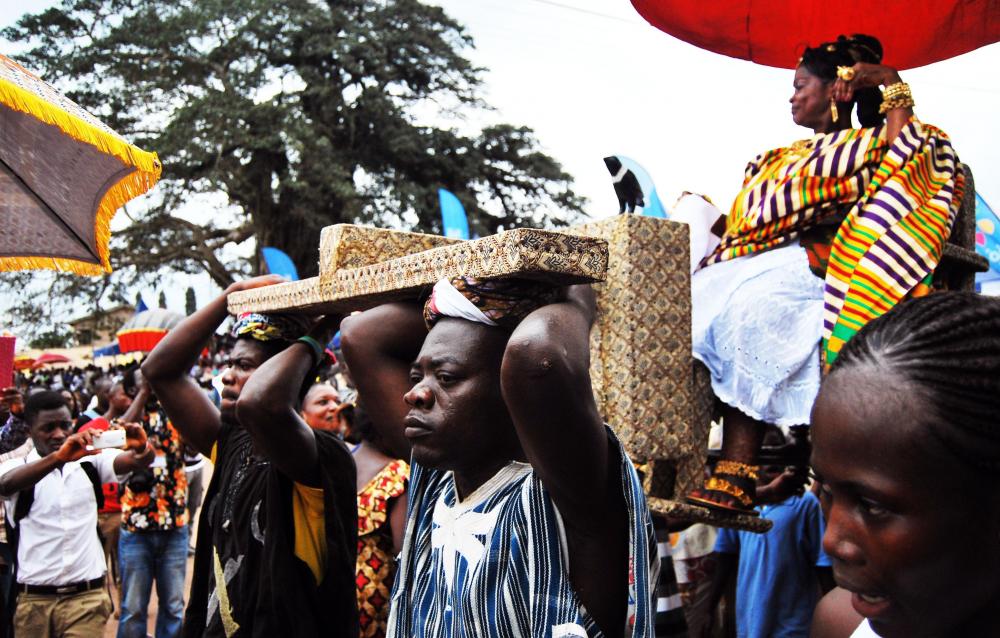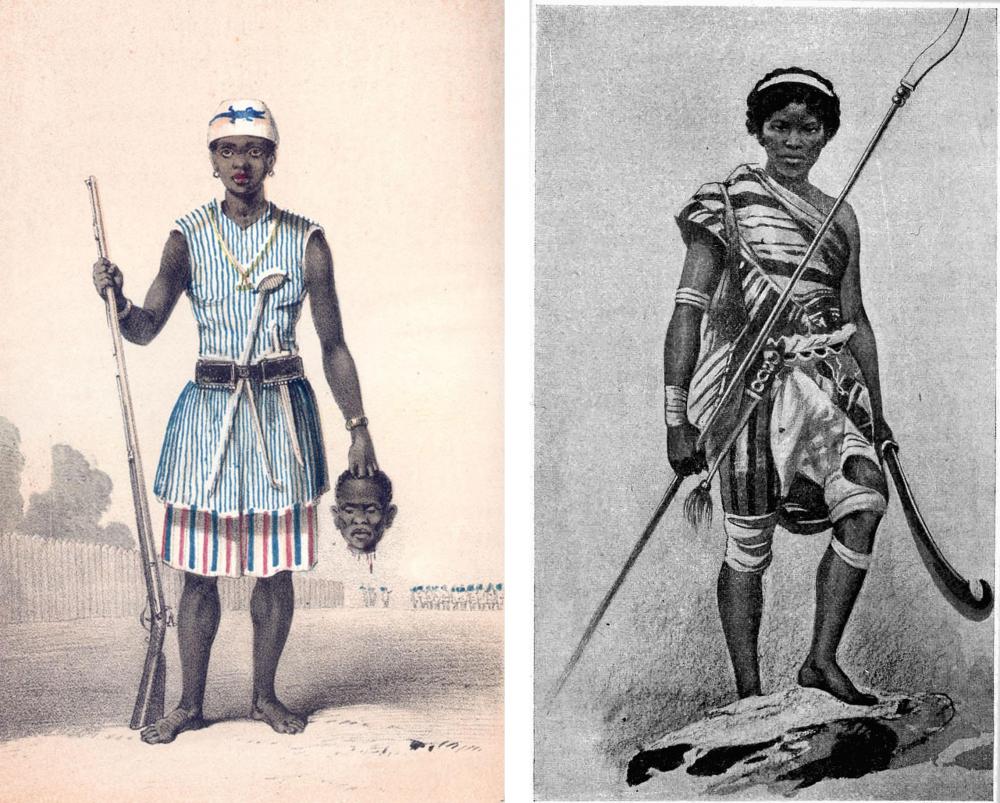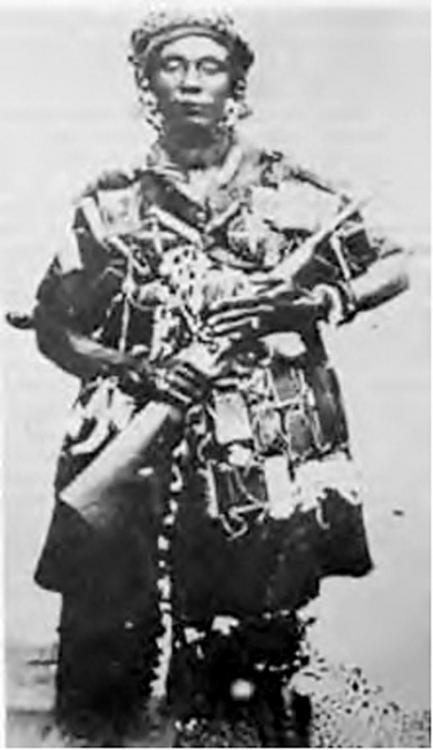Leaderboard
Popular Content
Showing content with the highest reputation on 2019-02-24 in all areas
-
5 points
-
5 points
-
Xenophon wrote a short treatise on horsemanship, which is worth reading. Here are some excerpts where he mentions the manes:4 points
-
Some nice narration from a new player getting to know the game. Same guy as the video Coworotel posted 2 messages up.3 points
-
You don't need to record anything to prove that your Greek is better than mine - as I have said already, I don't speak Greek and wouldn't be able to pronounce anything without pronunciation notes anyway, even if I had decent recording equipment. I never questioned your competence in the matter. How on earth did we get from "Here's a useful notation tool that I'd strongly recommend using" to "we have to prove who's Greek is better"?2 points
-
Much of our valuable feedback is from members who don't have much, or any experience in the programs or processes we use. We get so close to our work we forget the perspective of the 'layman' for lack of a better term. Some of this feedback is given at a very valuable angle, and other times it is misguided, and can be safely ignored as long as the reasoning behind it is understood. It is never constructive to look down your nose at the less specialized, for any party involved. It is quite frankly, unprofessional, and does not leave a good impression. Take it easy, its a volunteer project, we're here to learn and have a good time2 points
-
Maybe all of you should differentiate the part where it is about helping and the part about debating. Conflictual talk is common and not necessary a problem when it is for the sake of the debate, but in this case it is maybe getting out of hand because the stakes are high. I suggest you to remember that any of your choices are good enough for the public. Even modern Greeks won't notice the difference I think. Only people with a scholar level in ancient Greek could. Anyway, a transliteration is something mandatory problematic because a part of the information is lost or corrupted. Even in the ancient times transliteration of ancient Greek wasn't perfect. And if there is something I am sure about, it is that experts are difficult to satisfy. Remember it is a game and by essence it is impossible to really portray a culture in a perfect way in this media. I think historical accuracy is more a matter of how you want the players to remember the cultures that you are portraying. How you broke cliché, how they learnt a different view and how will remains their imaginary about these ancient cultures. Thus if you want to debate and to get a consensus, remember that the stakes are not that high. Try to take some pleasure on the process of debating and exchanging knowledge before to worry about the final result. More humility and less taunting are the first steps to a healthier debate.2 points
-
It is obvious that we are not in this situation, and that Nescio has a lot of knowledge in the area. You may both have knowledge and yet disagree. But if you resort to questioning your opponent's knowledge instead of actually answering their points, that makes you appear as arrogant and unreliable to readers like me. I posted to make you aware of that, so please calm down. Maybe log off for a few hours and think about it, try to see the situation from my point of view or Nescio's.2 points
-
No. One can have knowledge and no adequate recording material. People should also be able to give you feedback and you should be able to receive it. Please stop gatekeeping Ancient Greek, it is a fantastic language and everyone should be allowed to be interested in it. No, you should publish them publicly for everyone to hear it (else how would you have a discussion about it afterwards?). If you want to do that for privacy/licensing reasons, that's understandable, but that will make this thread fairly useless.2 points
-
1 point
-
1 point
-
I do believe I should give these another shot, its been a few years, after all1 point
-
1 point
-
Normally the mane never hinders the rider. It's difficult to explain, but it's not really a thing you ever worry about when riding. It never obstructs vision. Unless you're riding something like an Andalusian with ornately long manes, then yes, maybe it's an issue if your spear get's tangled in that. I did randomly read somewhere that manes were sometimes trimmed for that reason... The main thing I can think of is with heavily armored horses like the cataphracts, the manes might be cut (slightly helps prevent overheating when the neck is covered, I assume), but you wouldn't see the manes in that case anyway. Manes were also sometimes pleated, for decoration/neatness. About the types of manes, it's true that some breeds have much more bushy manes, especially the more archaic types, I believe (Celtic horses maybe?). I'll try to make a few variations for the mane-textures soon (trimmed, cropped, pleated).1 point
-
https://www.ageofempires.com/news/happy-birthday-age-of-empires-definitive-edition/ new upcoming update1 point
-
Quite frankly, I think the current icon of a pick axe is close enough to the Roman Dolabra, which was, among other things, used for mining and was part of the legionary's kit used for digging trenches and such. The current icon is clear and unambiguous. @Anaxandridas ho Skandiates Useful contributions to the game are always welcome, but you seem to have some difficulty grasping a few things. First of, we are all volunteers, and individuals will pretty much work on what they want to work. Especially if they're not team members. Nobody is paying anyone's bills here. There's a million and one things the team members are pre-occupied with, and they're horribly short-staffed as well. Wow is the main developer of Delenda Est, a total conversion mod, and is dealing with a plate full himself. I honestly chuckled at his response, but it's no less a genuine suggestion. People are drowning in work as it is. The pick-axe isn't a priority (it's not even wrong). But nobody is stopping you from making your own version if you want to. If you're an Antiquity expert, you should relish in the opportunity of educating us plebs, but some of your responses to quite a number of individuals who simply asked questions or sources have been nothing less than arrogant, and you become borderline belligerent and unnecessarily personal in some of your posts as well. I'm not attacking your expertise, but it's a bit difficult to take an anonymous person serious when their response to anyone who questions them is basically: "who is the expert here? Huh? You or me?" And when confronted with conflicting views from other (non-anonymous) experts, you just dismiss them. In another discussion, Lion.Kanzen warned you that you will be ignored if you insist on being like that. It's up to you, if you want to prove him right or not. I'm honestly curious about your modeling work, you clearly know your Greek, and I sincerely hope that you can become/continue to be a valuable contributer to the game. I just hope that you take my words serious, and try to work on your communication skills. There's no need for aggression (active or passive).1 point
-
I'm a Debian/Ubuntu developer that saw how the upstream fcollada library is non-existent, and that projects now have several forks of the same library. There also doesn't exist a "standard" shared library distribution for multiple platforms (nor is there one that is portable to many architectures). Inspired by http://trac.wildfiregames.com/ticket/562, I've put together the the merge of the 3.05B "official" fcollada, OMKFCollada, and Wildfire's FCollada at www.github.com/fcolladaCE/fcolladaCE. I've also added an autotools build system to build shared libraries on all platforms. (03D/Google's fcollada relies on some chrome code and headers, didn't try to tackle that yet) I've built 0AD using the new github source code (replaced all the FCollada .cpp .c .h and .hpp files with the new source code, and replaced the Makefile for FCollada in 0AD with the Makefile.orig in the github location). I've also built shared libraries, but haven't tested the shared libraries with 0AD. to build and install the shared libraries (you need libXML2 already installed on your system): ./configure make make install (will install to /usr/local, for more options see ./configure --help or to install somewhere else you can use prefex= or DESTDIR= like any other library) (if you want stripped libraries, make install-strip would work) (uninstall is make uninstall) to use the shared libraries, you can either use pkgconfig/fcollada.pc OR use the compiler flag -lfcollada and make sure you #include <FCollada/{__headerfiles__}> or use -I$(CPATH)/FCollada so the compiler looks in the right spot for the FCollada headers. I'm still working on the documentation, compiler optimization (which ones to exactly turn off), enabling fcollada's DEBUG flags, and testing. I'm familiar with library packaging and distribution, but not familiar with the usage of fcollada in 0AD so I'd appreciate help. I'd also like to give administrator rights to wildfire/0AD developers so they can commit code whenever needed. If Wildfire/0AD is interested in using a "community maintained" fcollada, please check this out. If you think this is worthwhile, I can upload to Debian and Ubuntu and can build 32 bit windows binaries, but would appreciate help with 64 bit windows and apple. Please check it out, it's a work in progress and not officially released yet (the version/SONAME will not change even though the source code and interfaces will). You can either checkout the source code from github or download a tarball of the current repo here: https://github.com/fcolladaCE/fcolladaCE/tarball/master thanks, let me know what you think1 point
-
1 point
-
@Anaxandridas ho Skandiates You need to calm down. This place is for polite and peaceful discussion. Being offensive is not acceptable. You may disagree with Nescio, but if he presents arguments, you have to take them into account: you are free to consider them worthless, but you should then either refute them or leave the discussion. You cannot prevent others from participating to the discussion because you think they lack knowledge: they certainly know useful things that you don't. We would be happy to hear about recordings from you, but this will not become a competition. This thread is described as aimed at "Experts", and experts in Antiquity should know that reconstructing information from thousands of years ago is not an easy task. Experts should know above everybody that the knowledge we have of Antiquity is constantly challenged, and they should keep personal pride outside of discussions. Your expertise is dependent on the new findings that researchers make all the time. Looking forward to the recordings and the IPA transcription we make of it. I am not a native English speaker, so I am unable to understand the discussion above as long as you don't use IPA. My accent is faulty at best, and I don't trust myself to know the exact and correct pronunciation of "saw" or "slow".1 point
-
Actually I do not claim to be always right – nobody is – but when I see something I believe is incorrect I feel obliged to respond. If you look at my posts, you'll see I didn't quote Wikipedia. Let's take a step back. I believe we agree on most points: θ, φ, χ were pronounced /tʰ pʰ kʰ/, respectively, not /θ f x/; we also agree on the other consonants ο and ω were different sounds a number of sound shifts occurred in Hellenistic times (e.g. iotacism) ου was eventually pronounced /u/ The thing we seem to disagree about is the Classical Attic pronunciation of 〈ει〉 and 〈ου〉. I provided a number of arguments (Plato, LSJ, epigraphy, comparative linguistics) why I believe they were (still) pronounced /eː/ and /oː/. However, I don't think I'll be able to convince you; you seem to be entrenching yourself without providing real arguments; which is your good right. The fiercest discussions are typically on minor issues. I believe this one to be no exception. Personally I don't care how people pronounce Greek. If people want to pronounce 〈φ〉 and 〈ου〉 as /f/ and /u/ that's perfectly fine; in fact, I do so myself, because the purpose of language is to be understood, and to a modern audience /pʰ/ and /oː/ often sound indistinguishable from /p/ and /o/. Well, we all agree on that, don't we?1 point
-
@Anaxandridas ho Skandiates As I said in the other thread, this is a misunderstanding. I never meant to question your expertise in Ancient Greek at all, and I am sorry that you understood it that way. All I wanted to do over there is to point out that the IPA is a very useful tool that's far superior to any attempt at describing sounds that don't exist in the English language using English spelling. I believe that trying to do so would be a waste of your very valuable time. Your expertise is very much appreciated and recognized. All I wanted was to point you to a tool that will make it easier to communicate that expertise to us.1 point
-
@Anaxandridas ho Skandiates I have never claimed that any Greek letters were pronounced a certain way - I only wanted to point out that trying to describe them accurately using English spelling is extremely hard, while describing them with IPA is fairly easy. "between close-mid [o] and open-mid [ɔ]" is a very good description that one who is not an expert at Ancient Greek can work with. I am certainly not going to argue about which pronunciation is correct, since I don't speak the language. I used @Nescio's examples to make my point about using the IPA and not to state which one of you is more correct or which pronunciation variant should be chosen. I never, ever had the intention of challenging your expertise in the language. How could I, since I have no expertise in this particular language myself except for some very rudimentary knowledge about the alphabet, taught to me with probably the wrong pronunciation anyway. How about we table the IPA discussion for now and focus on the correct transliteration of the specific names first, so that some work can be accomplished? Pronunciation notes can come later for the voices list.1 point
-
besides the above github link, will this community fork of FCOLLADA work? it has numerous fixes for newer compilers https://github.com/rdb/fcollada1 point
-
1 point
-
No I get it, but that means editing every cavalry actor in Delenda Est. But progress is progress.1 point
-
Not really, most of the changes are just add the mesh and the color variants, in fact it reduces the amount of lines used on every actor. I was thinking a way of calling a variants inside another as used in actor with groups for only have 1 line for the mesh variant calling the rest of it leaving the cavalry_m file just for decide wich props, the rider and the animation variants. To this: I Want to leave it only as: Pick Breed - Leave the breed choose the colors. if you want an specific color, define it by using <textures> line for a more cleaner actor file and leave modders an easy way to choose. Also, with the horse mesh for sculpting now it can be baked horse statues properly (Golden - Rotten - Bronze - Iron etc)1 point
-
i love your overwhelming "my" in mostly of your speech. take it easy, Graecum boy1 point
-
1 point
-
why this mod insulting people alone? ok i am noob on this mod.. nani teaching me how use.1 point
-
How to transcribe Greek into the Latin alphabet is a separate discussion that belongs elsewhere. The purpose of transliteration is to stay as close as possible to how something was written; the purpose of IPA is to stay as close as possible to how something was pronounced. The exact pronunciation of Greek is irrelevant for the transliteration of Greek discussion. Perhaps it's better if you record how you think the Greek vowels ought to be pronounced and then ask @GunChleoc to convert your audio into IPA. As has been pointed out before, looking for English equivalents is problematic. Although 〈ου〉 became /u/ in Hellenistic times, it was indeed not yet pronounced so in Classical Attic. The fact that Plato and others call 〈ο〉 οὖ indicates they were the same sound, i.e. /ο/; mutatis mutandis for 〈ε〉 εἶ /e/; feel free to look it up in your LSJ. Another argument is to compare Attic inscriptions with Attic literary texts after the spelling reform of 403 BC, e.g. EXΟΣΙΝ = ἔχουσιν, ΕΠΕΣΤΑΤΕ = ἐπεστάτει. We could also look at spelling differences between Ionic and Attic: Ion. ξεῖνος / Att. ξένος; Ion. μοῦνος / Att. μόνος; Ion. οὐδός / Att. ὀδός. Or one could look up how these spurious diphthongs emerged. Answer: by compensatory lengthening; e.g.: PIE *h₁e-men-sm̥ → *emenha → emē ̣na = Ionic/Attic ἔμεινα Doric ἄγοντι → *ἄγονσι → Attic/Ionic ἄγουσι All of this indicates that 〈ει〉 was the spelling of /eː/ and 〈ου〉 was /oː/ in 4th C BC Attic. Yes, I'm fully aware of that. There were dozens of Greek alphabets, not yet a single one; nor were Etruscan, Latin, and other Italic scripts different alphabets. Again, the transliteration of Greek is a different issue from the pronunciation. E.g. Ἀθῆναι is Latinized as Athenae and Anglicized as Athens; its Classical pronunciation was /atʰɛ̂ːnai̯/, its modern is /aˈθina/.1 point
-
1 point
-
I see lots of actor fixing in my future. Carry on my wayward son.1 point
-
As a player who uses an absurd and probably ineffectually large amount of cavalry in 0AD, I LOVE THIS!!1 point
-
but still, when you say that things work or don't work, does that mean that it does what you want in game, or the structree works? Making it work in game should be straightforward (with what you describe, having only generic phases, with the wanted civ requirements in the phase_metropolis_generic.json). But as i said, i think the structree is broken when civs don't have the same phase sequences (it does not check for civ req when building the phaseList, and there is only one phaseList for all civs).1 point
-
Basically what I want is the following: phase_village.json (autoresearched) phase_town.json (all civs) phase_city.json (all civs) phase_metropolis.json (mace, ptol, sele; not any other civs) What I currently have is: phase_village.json phase_town.json phase_town_generic.json phase_town_athen.json.DELETED phase_city.json phase_city_generic.json phase_city_athen.json.DELETED What works is the above with: phase_metropolis.json (placeholder) phase_metropolis_generic.json (no civ requirements) phase_metropolis_mace.json phase_metropolis_ptol.json phase_metropolis_sele.json Things that don't work include: phase_metropolis.json (mace, ptol, sele requirements) phase_metropolis.json (placeholder) phase_metropolis_generic.json (mace, ptol, sele requirements) phase_metropolis.json (placeholder) phase_metropolis_mace.json phase_metropolis_ptol.json phase_metropolis_sele.json Furthermore, I have no idea why the following causes errors: phase_village.json phase_town.json phase_town_generic.json.DELETED phase_town_athen.json.DELETED phase_city.json phase_city_generic.json.DELETED phase_city_athen.json.DELETED1 point
-
The Sabaean Kingdom or the Kingdom of Saba was a South Arabian (Yemeni) kingdom that flourished from the 8th century BC (or earlier) to the 3rd century AD, with a capital city at Ma'rib. They were an extraordinary people and another one of my personal favourites. They were master masons, built some of the world's first proper high rise apartments, were engineering experts (ma'rib dam) and rich from the Indian Ocean and Red Sea trade in incense and myrrh among other things. They actually fought a war with Rome, with an unclear outcome, at the same time that the Romans were fighting a war with the Kushites in the first century BC. They had a very strong African connection, and explicitly Sabaean artefacts, inscriptions and architecture are known in Eritrea and Ethiopia, during the time of the African Kingdom of D'mt. It has been thought in the past that D'mt was an offshoot of the Sabaeans, but these ideas are being abandoned. Sabaean influence is undeniable though. African and South Arabian populations mixed in Ethiopia during the 1st millennium BC. During the later Ethiopian/Eritrean Aksumite Empire, the same people that destroyed the Kushites, the Aksumites actually also conquered South Arabia, then under Himyarite hegemony, (early 6th century AD), including Saba, and even attempted to conquer Mecca using war-elephants, but failed. So there's a lot of back and forth, that has been going on for thousands of years. Even today, Eritrea is absorbing the bulk of the refugees from the war in Yemen, and in the past, Ethiopians, Eritreans and Djiboutis worked in Yemen in considerable numbers. They're all distantly/vaguely related, somehow. To be honest, I want Sabaeans more than I want Garamantes, lol In a perfect world, it would be like this: Early Arabs (north and south): Nabataeans (Northern Arabia) Sabaeans (South Arabia) Proto Berbers (West and East): Numidians (North Algeria/Tunisia) Garamantes (Fezzan/South Libya) Sabaeans, mmmmm.... Temple of Awwam at Ma'rib: Sabaean script: Sabaean bronze: Libation altar: Incense burner Traditional Yemeni architecture, a tradition dating back to the BC period: Examples of explicit Sabaean influence in Ethiopia: A Sabaean altar in a temple to Almaqah, the Sabaean supreme god, in Tgray, Ethiopia. Sabaean inscriptions clearly visible: Sabaean inscriptions from the temple at Yeha, Tigray, Ethiopia. Yeha is thought to have been the capital city of the Kingdom of D'mt:1 point
-
Show us an fgod presentation in russian and we'll compare ;-) I'm glad we have good people who can represent Wildfire Games on software conventions, thanks guys!1 point
-
These People Are Not Real—They Were Created By AI https://motherboard.vice.com/en_us/article/mby4q8/these-people-were-created-by-nvidia-ai https://medium.com/syncedreview/gan-2-0-nvidias-hyperrealistic-face-generator-e3439d33ebaf The truth is… wait for for it… both images are AI-generated fakes, products of American GPU producer NVIDIA’s new work with generative adversarial networks (GANs). The research was published today in the paper A Style-Based Generator Architecture for Generative Adversarial Networks, which proposes a new generator architecture that has achieved state-of-the-art performance in face generation. Since GANs were introduced in 2014 by Google Researcher Ian Goodfellow, the tech has been widely adopted in image generation and transfer. After some early wiry failures, GANs have made huge breakthroughs and can now produce highly convincing fake images of animals, landscapes, human faces, etc. Researchers know what GANs can do, however a lack of transparency in their inner workings means GAN improvement is still achieved mainly through trial-and-error. This allows only limited control over the synthesized images.1 point
-
@av93 I should probably clarify a little further where I'm coming from (literally). I'm an Akuapem, which is one of the Akan tribes (more than 20 million people in all), and like the other Akans (such as Ashanti, Fante Akyem, etc...) we are matrilineal. My own family is actually patrilineal, but that's just a weird local quirk that's not common outside my own town and a few others in the area (due to pre-Akan ancestry). Not only are we matrilineal, but the Queen Mothers are among the most respected institutions, working in tandem with the male chiefs and kings. They (there are many and they form powerful associations and have internal hierarchies) decide who is fit for kingship and make the selection. In addition to that, female priests are important in traditional Akan religion as well, and perform rites and rituals like their male counterparts (and can even train male priests). These cultural traits translate into modern life as well, and aren't limited to the higher echelons. On every level of society, powerful women are not rare, running businesses and entire markets, but also business empires and hold important positions in politics. Women here are generally speaking very strong, and a woman publicly beating a man is not unheard of. In fact, mobile phone videos of such occurrences are a great source of amusement to Ghanaians today (although domestic abuse is nothing to laugh about...). You can also see it in the army and police force. Female soldiers and police officers are common, and are nothing to mess with. In fact, after the civil war in Liberia (during which women suffered tremendously from rampant rape), all-female Ghanaian military units were sent to patrol the streets (under UN peacekeeping mission) and impress respect for women and inspire the young girls and women of that country). All-female military units aren't new to West-Africa either. The Kingdom of Dahomey (Togo) fielded an elite all-female corps, the Ahosi, numbering more than 3000 fighters... They had a fearsome reputation for decapitating their (male) captives and when Dahomey was a vassal state under the the Oyo Empire of Nigeria, they participated in a major battle against the Ashanti Empire (the battle of Atakpame, 1764). Although these societies are traditionally regarded as patriarchal, it's not comparable to other patriarchies... The Amazons of Dahomey: Veteran Ahosi: These women were hardcore... Yaa Asantwaa herself, Queen Mother of Ejisu, second in command of the Ashanti Empire. She led a final last stance against the British. After the British had kidnapped and exiled the Asantehene (King or Emperor of Ashanti) during the fourth Anglo-Ashanti war. The governor of the Gold Coast, Fredrick Hodgson, then demanded to sit on the Golden Stool. The Golden Stool (literally a golden stool) is the embodiment of the Ashanti Nation. Literally its soul, and represents its sovereignty. Ashanti would never give this up, and fought to the end defending it (The fifth Anglo-Ashanti war, also known as "The War of the Golden Stool"). When the chiefs became scared to resist the British any further, Yaa Asantwaa famously said: "Now I have seen that some of you fear to go forward to fight for our king. If it were the brave days of Osei Tutu, Okomfo Anokye and Opuku Ware I, chiefs would not sit down to see their king taken without firing a shot. No white man could have dared to speak to the Chief of Asante in the way the governor spoke to you chiefs this morning. Is it true that the bravery of Asante is no more? I cannot believe it. It cannot be! I must say this: if you, the men of Asante, will not go forward, then we will. I shall call upon my fellow women. We will fight the white men. We will fight till the last of us falls on the battlefield." Although the war ended in a total disaster for the Ashanti and the deportation of its remaining leadership, the British were never able to capture the Golden Stool, which is still considered the embodiment of Ashanti today and a great source of national pride. In fact, fearing further rebellions in Ashanti and other places in what is now Ghana, the British never really occupied the area, and opted for indirect rule instead. Yaa Asantewaa in traditional war outfit (Batakari). I took the following picture myself during the Odwira, the most important traditional festival of Akuapem, during the durbar in Akropong, our "capital". I hope this picture of a Queen Mother helps you to understand the traditional position of women in our society Modern Ghanaian female troopers and police: Ghanaian troops In Liberia: In Ghana:1 point


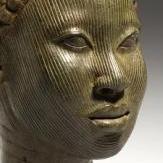

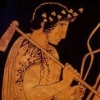
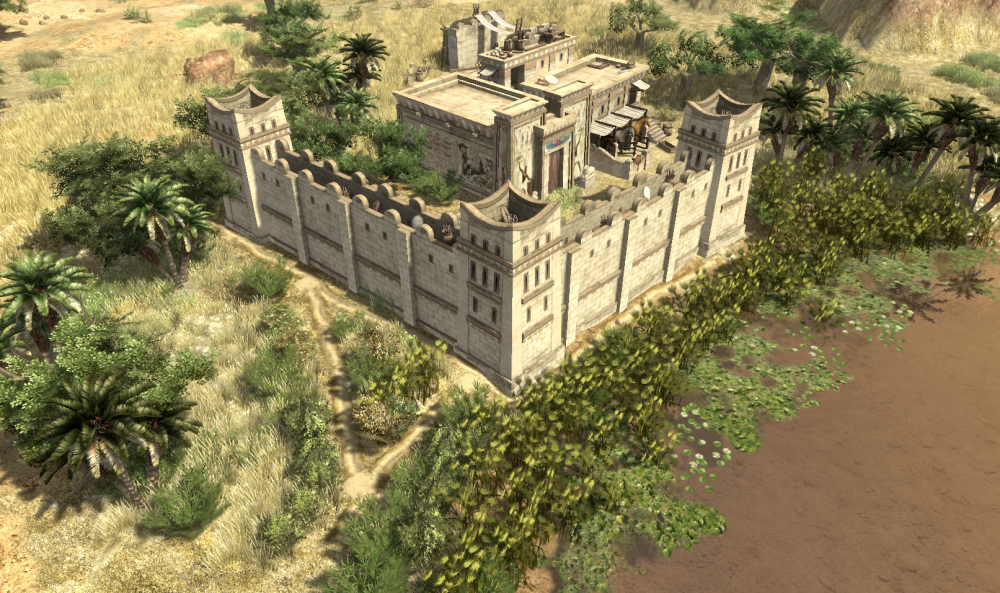
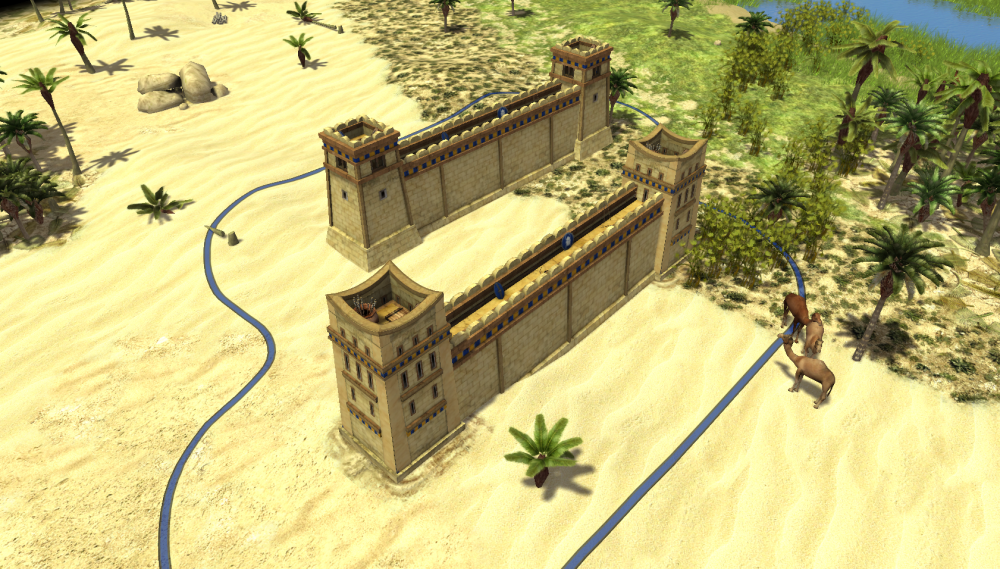

.thumb.jpg.b21ca1d0c15fb56b42c39b25a0a40815.jpg)

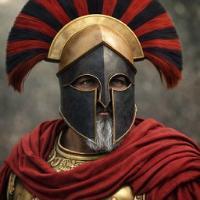
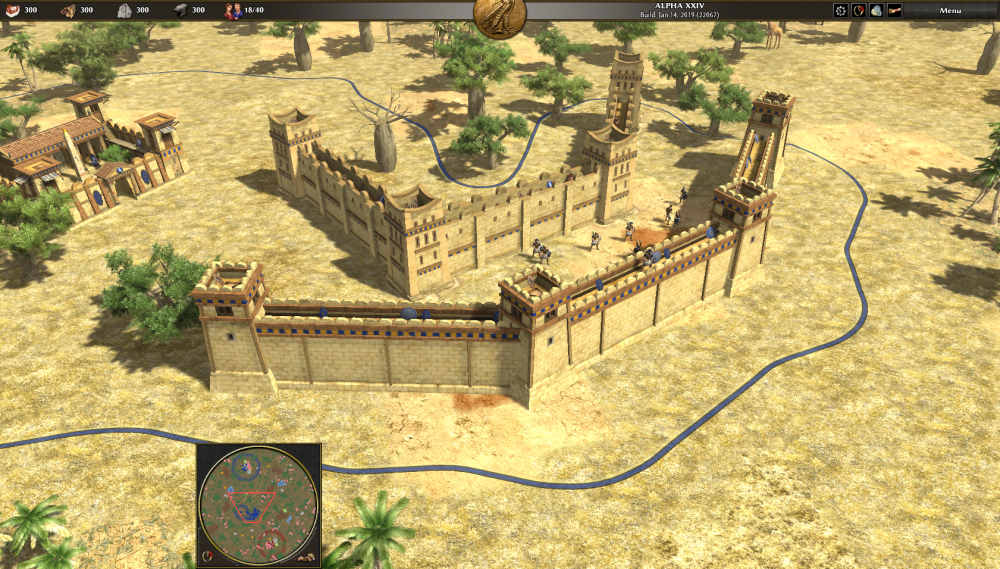
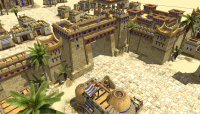
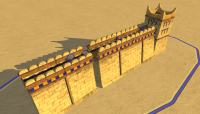
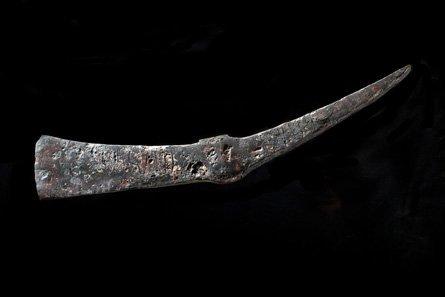
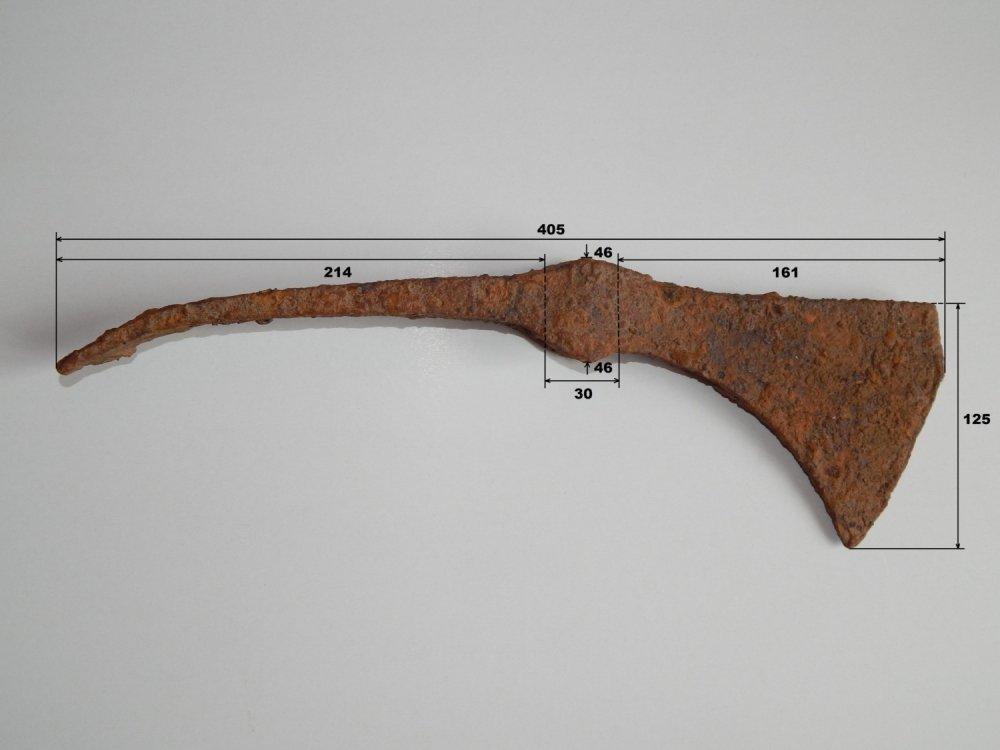
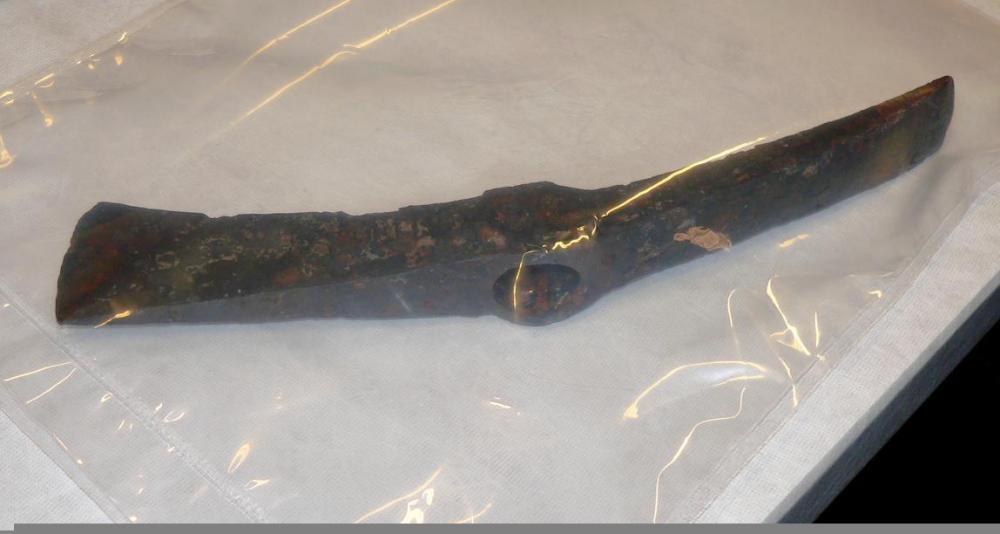
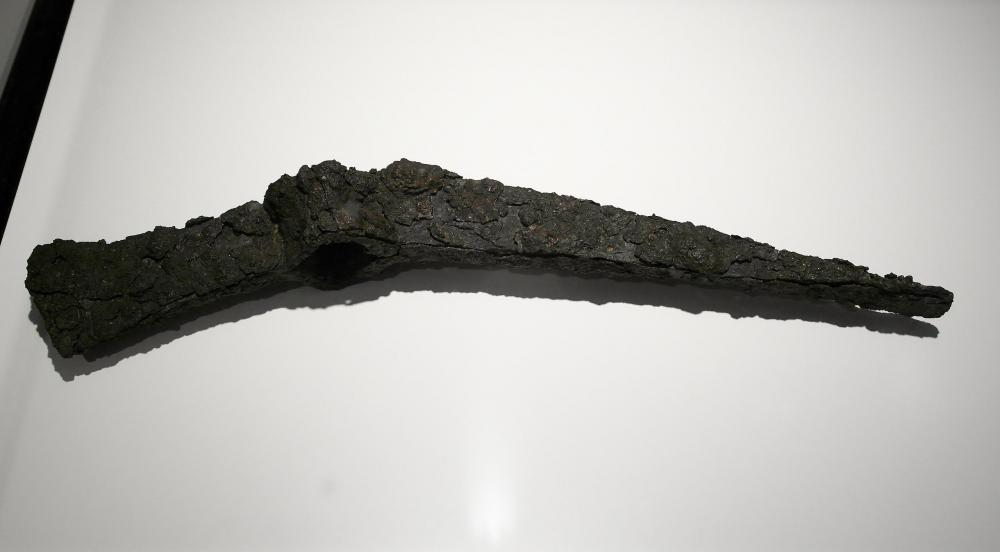
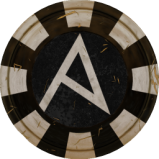
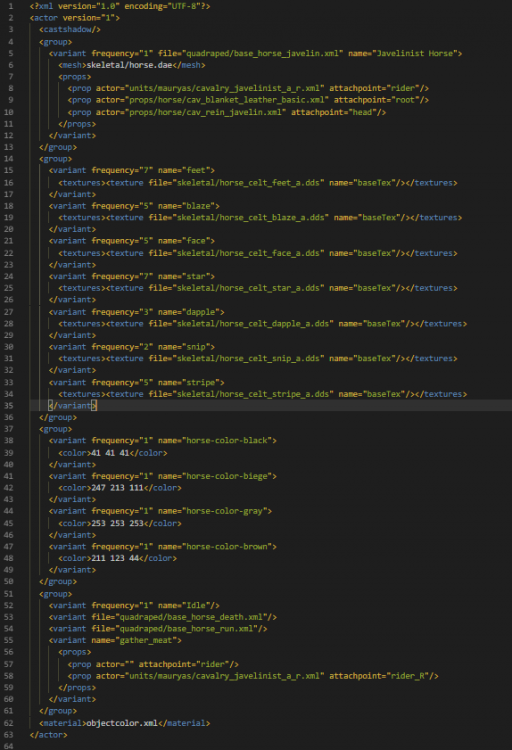
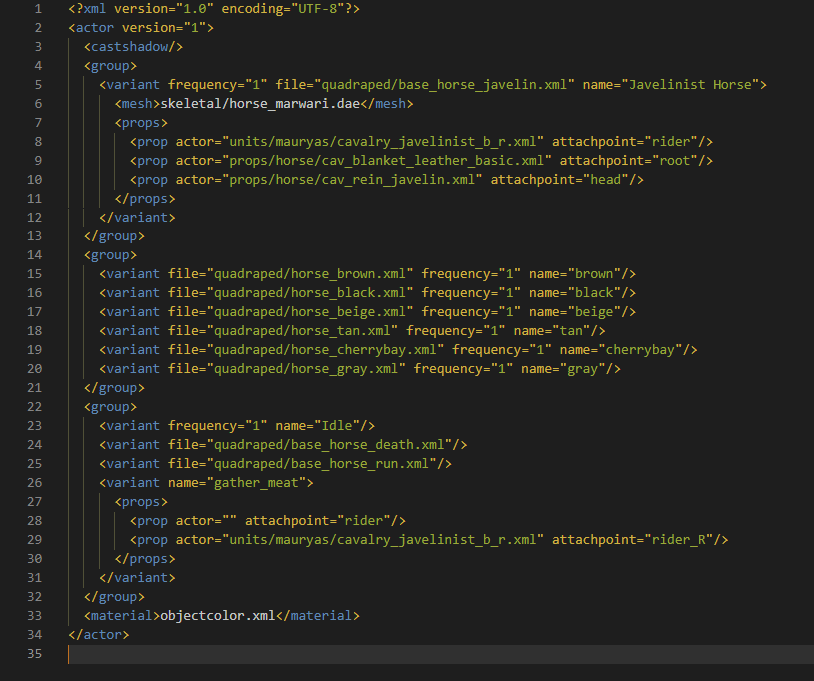


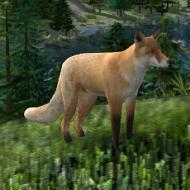

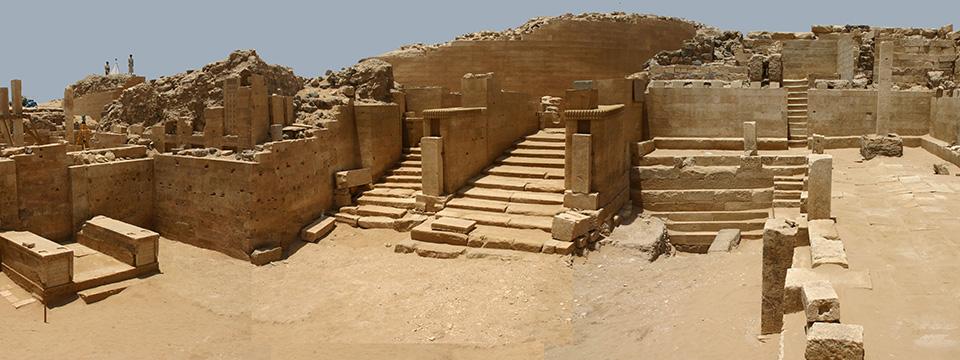
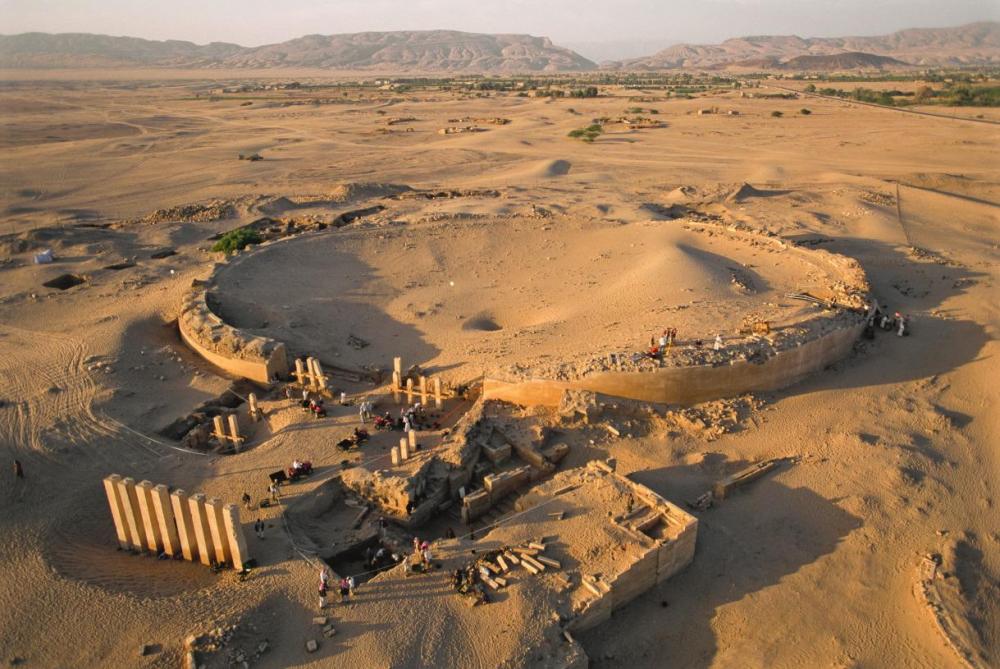
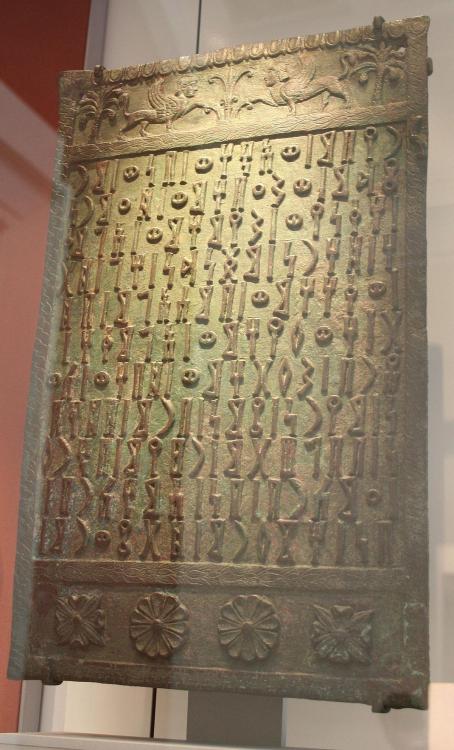
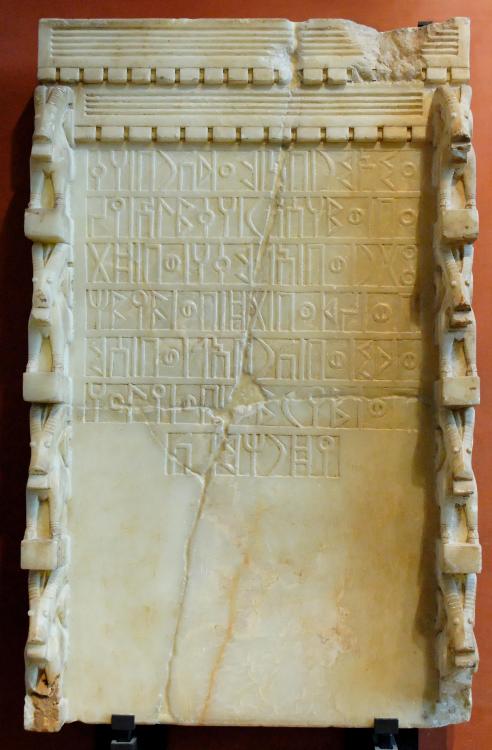
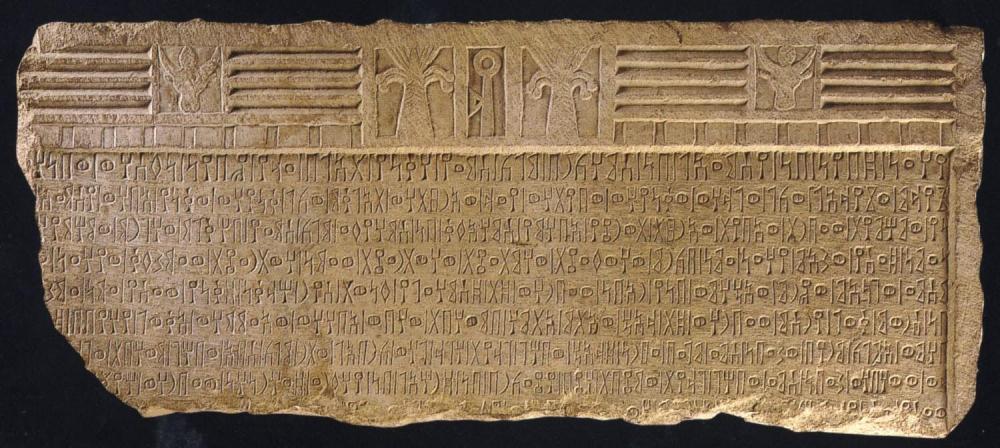
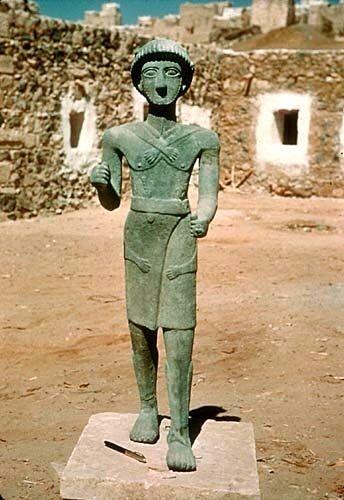
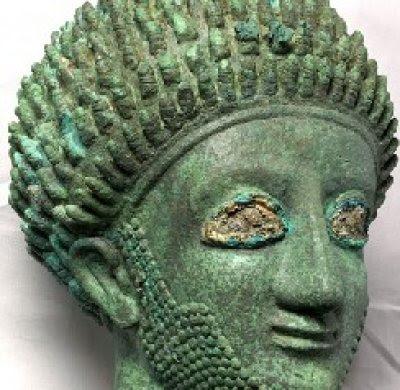
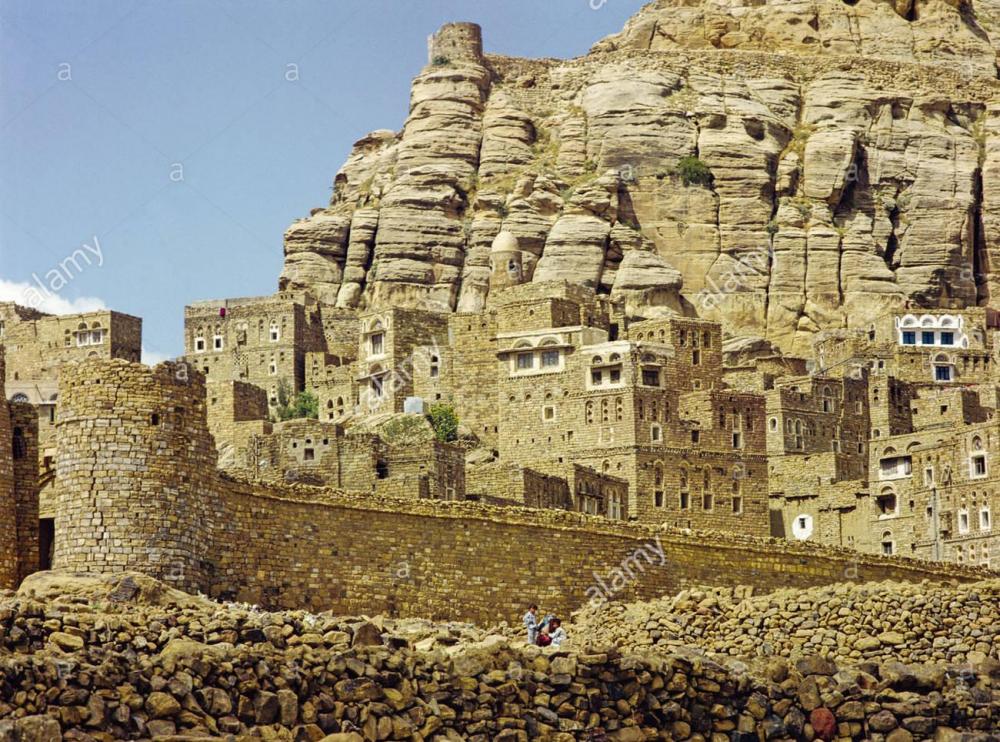
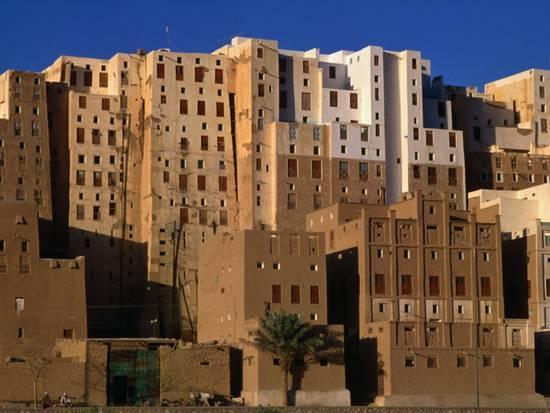
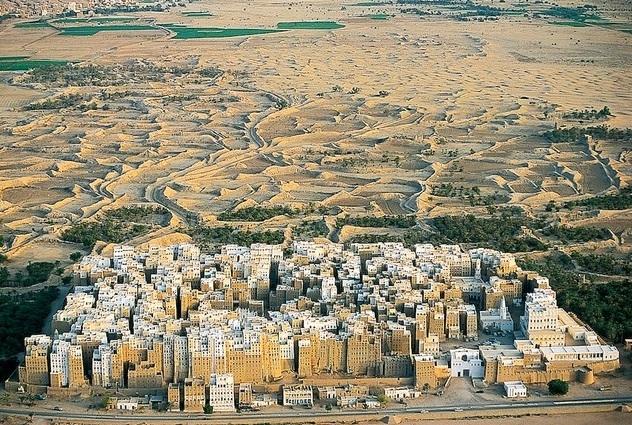
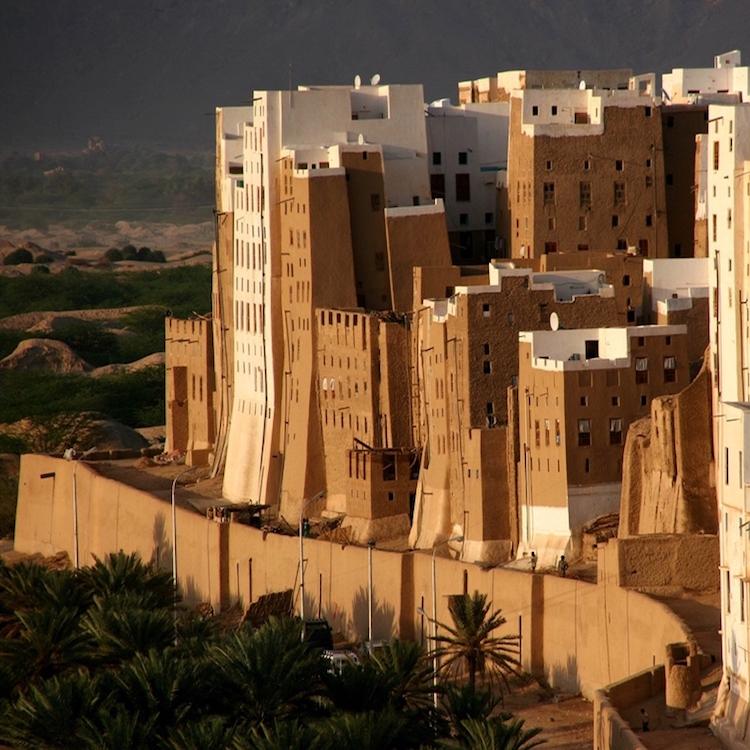
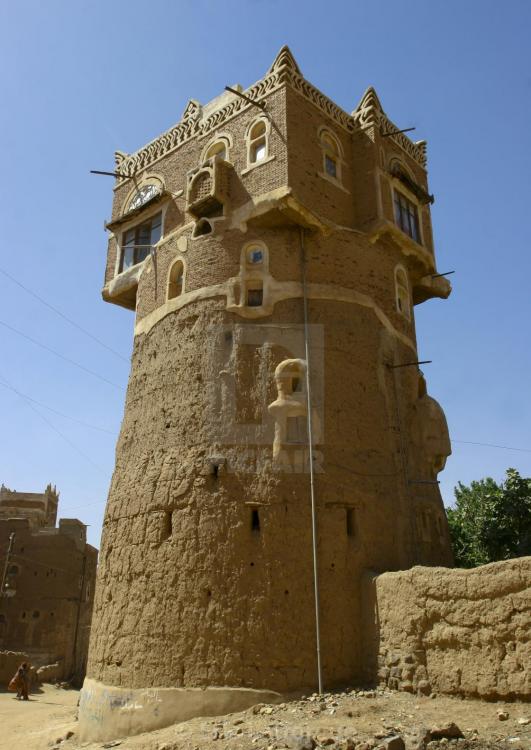
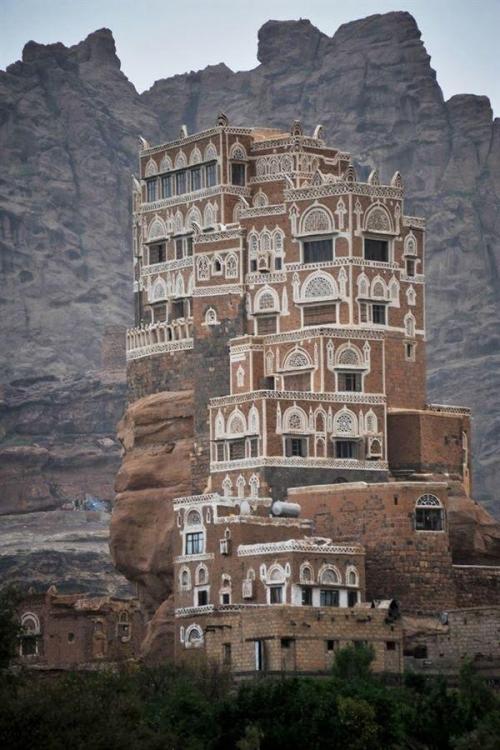
.thumb.jpg.e4cb4a5976249bbd7e356c1fe51cabf5.jpg)
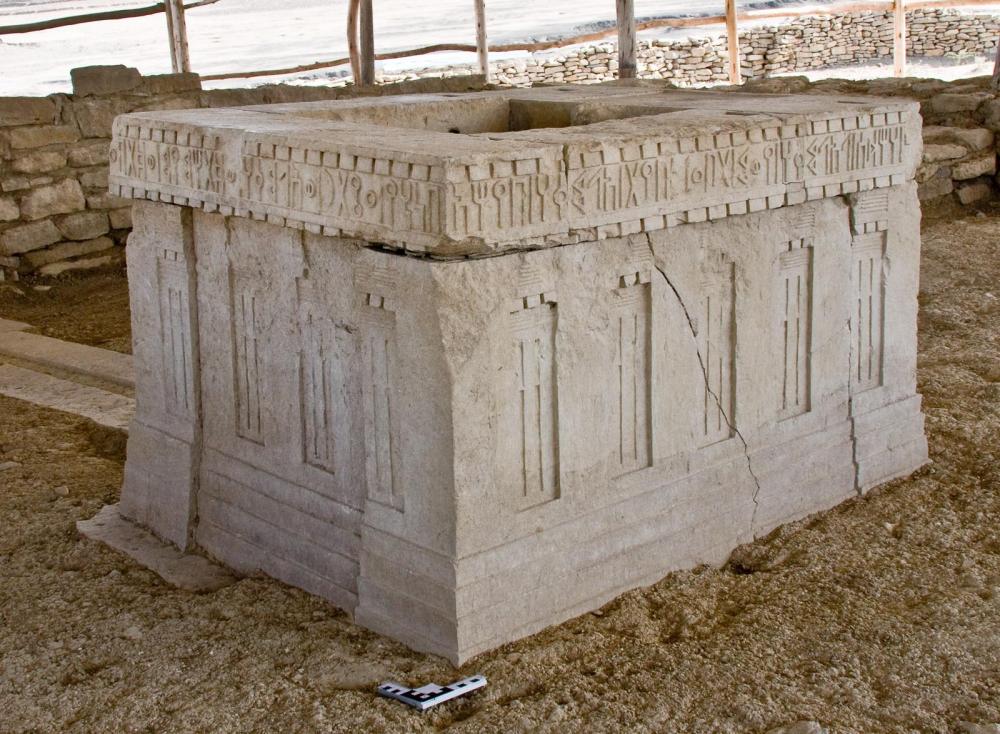
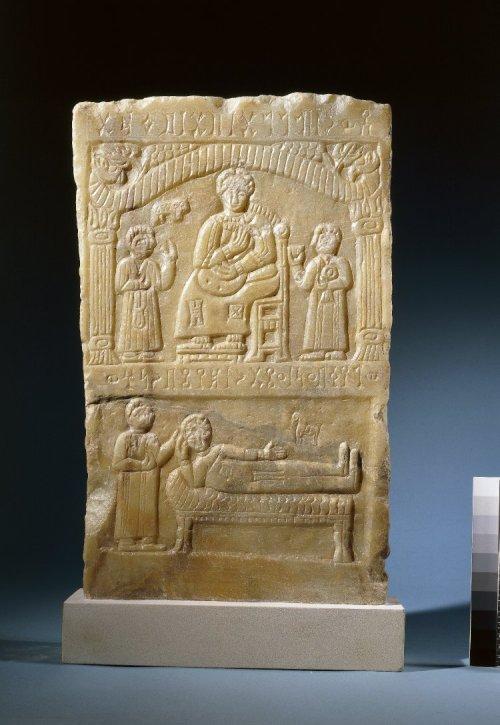
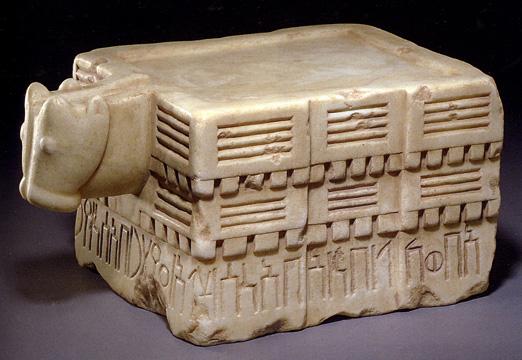
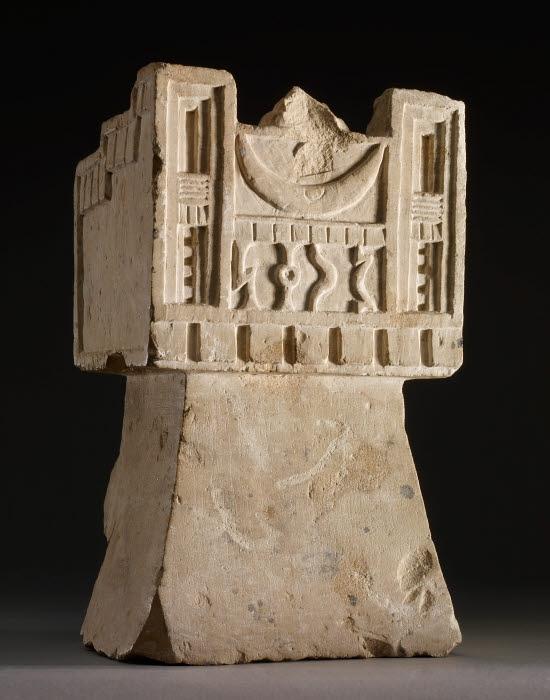
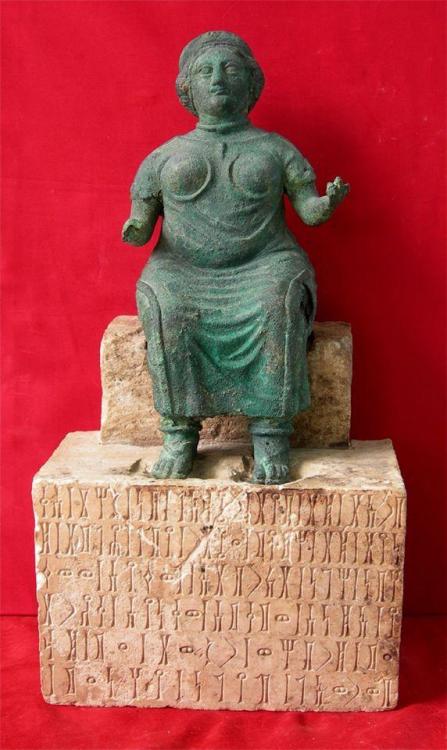
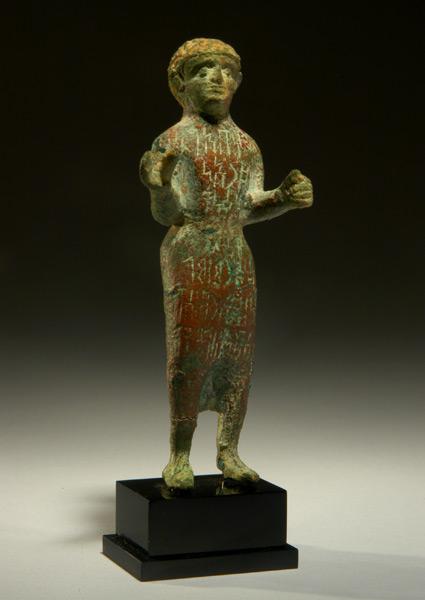
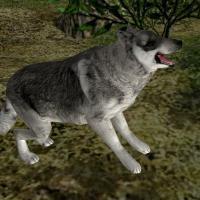
.thumb.png.ce58cea22940c255f5b0a735d5abee36.png)

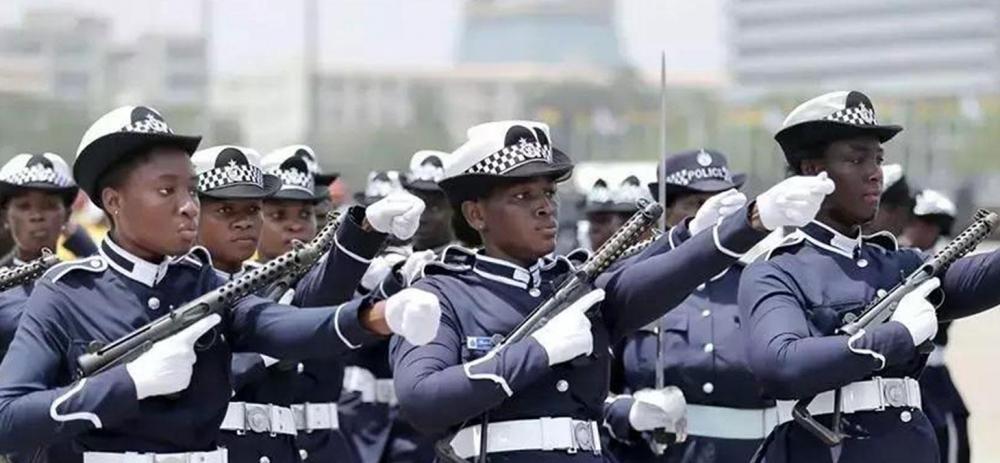


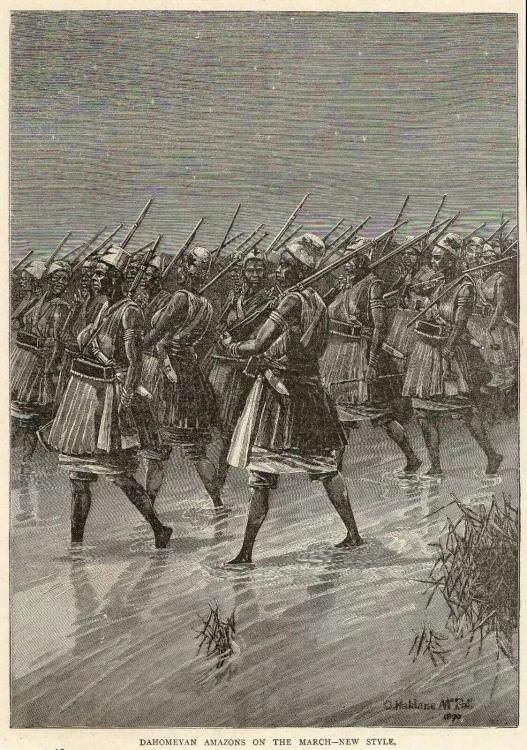
._-_The_veteran_amazones(_AHOSI_)_of_the_Fon_king_Bhanzin_Son_of_Roi_Gl.jpg.e61f1c4633d351d4c8cabfde16184580.jpg)
